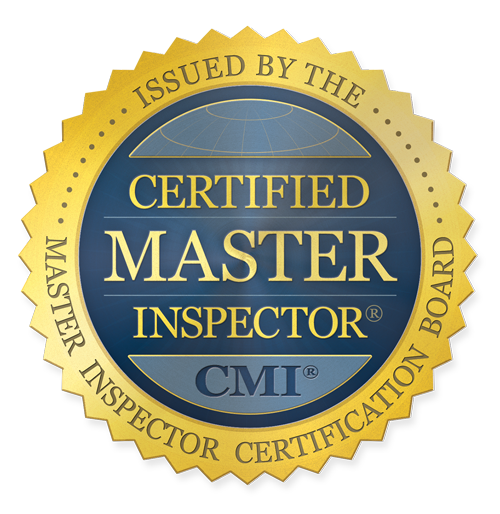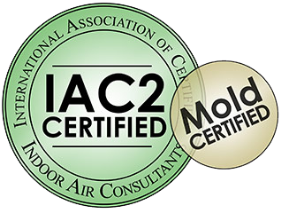That’s especially important here in Florida, where climate and weather risks cause some parts of a home to deteriorate faster than others. Super Inspection Pros is unique for developing a 4 point inspection program that really makes sense for the Sunshine State.
So, what are the biggest risks to Florida homes?
1. HVAC System
During the summer, DeLand temperatures soar well into the 90s. In Central Florida, many residents will run their air conditioning throughout the day all season long. This leads to degradation of the compressor and condenser coil, both of which are essential to system performance.
Regular maintenance can add 3-5 years to the life of even an overworked Florida AC. That said, many homeowners only go as far as changing the filters and replacing the refrigerant. An inspection uncovers signs that the HVAC – including heating and ventilation – is on its last legs.
2. Roofing System
Whenever we perform a home inspection, we refer to roofing systems instead of just roofs. That’s because the roof isn’t just the exterior shingles that weather a storm. It also refers to the underlayment, other supporting structures, and even the attic as a whole.
Florida roofing systems take a pounding compared to those in many other areas. It’s crucial to inspect the attic for signs of moisture penetration, which can lead to mold and mildew. The condition of insulation is also vital: It helps the building cool and heat up efficiently.
3. Electrical System
All in all, the electrical system presents the biggest risk to you and your home. In Florida, there are two main concerns. The first is faulty wiring, including “do it yourself” projects and work by unlicensed contractors. Bad grounding raises the risk of shock or home fire.
Storm-hit areas of Florida are prone to blackouts and brownouts that can put significant strain on your electrical system. What’s more, aged or damaged meters can lead to inaccurate assessment of your electrical usage. That leaves you at risk of losing hundreds annually to inflated bills.
4. Plumbing and Fixtures
Not all Florida homes are connected to city sewer systems. The further you go into Central Florida, the more you encounter rural properties that rely on a septic drain field to provide waste drainage. Dishwashers, washing machines, showers, and toilets all utilize them.
Sewer systems are maintained by the city, while the homeowner assumes full responsibility for a septic system. The septic tank, which is buried under the soil near the property, connects to fixtures through pipes and receives wastewater.
Unfortunately, septic components aren’t built to last as long as the homes they serve. Most Florida septic tanks are steel, with a service life of 15-20 years. The fields themselves last about 20 years. An inspection should assess when replacement may be necessary.
A 4 point inspection makes sense for Florida. Contact Super Inspection Pros today to get help from the experts who pioneered it.

